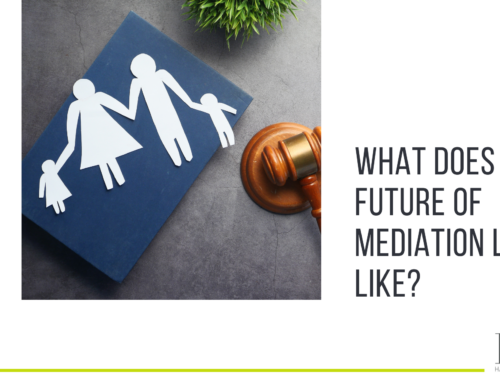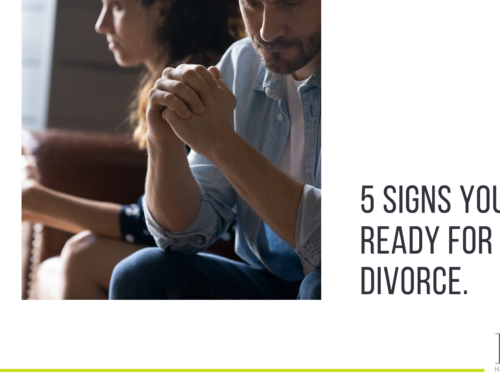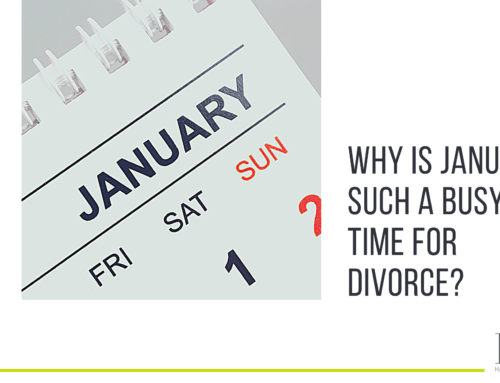Separating after a relationship breaks down is an emotional time in anyone’s life and the issue of whether to leave the family home throws up lots of questions.
You may not be sure if you should leave or if you should ask your partner to leave and what your rights are if you do take this action.
Before taking any steps, it is essential to get professional advice from an experienced family law solicitor about the arrangements for the home, whether it is rented, owned or mortgaged in both your names or just one of your names.
Sorting out where you are going to live can be very stressful so it’s important to understand your legal position.
Joint home ownership
If you jointly own the property you live in or it’s rented in both names, then both of you are entitled to be in the home. There are however reasons why a person’s right to occupy the home can end.
If the separation is particularly acrimonious, you may feel there is no choice but for you or your ex-partner to move out, but you will not lose your claim to the equity in the house. However, you do need to take advice before deciding to leave. If you are being threatened with exclusion from the family home it is possible to enforce your right of occupation.
If you have a joint mortgage this remains a joint responsibility but it may not be appropriate for one person to continuing contributing to the payments but there may be consequences of not doing so.
Over time, it will be necessary to sort out the financial arrangements as part of the divorce settlement. For couples who own their home, this may involve one spouse buying the other out or the property may be sold and the assets split. It can sometimes be possible to postpone the sale of the property especially if it is required as a home for the children.
In cases of rented property with a joint tenancy it may be possible for one person to terminate the tenancy and therefore advice should be obtained as soon as possible. Tenancies can be transferred from joint to sole names in some circumstances.
House in one name
Even if one spouse is not named on the title deeds of the family home, they will have a right to live there and can register their matrimonial rights with the Land Registry Office.
This can help protect their interest in the home until the outcome of the divorce is concluded and a financial agreement is reached. Even if the house is only in one name, usually each party would receive a share of the equity depending on the circumstances.
Divorce settlements
The family home plays a big part in any divorce settlement. The best interests of the children and where they should live will be the first consideration when it comes to reaching an agreement about what happens to the family home. Each case will be different and the financial needs, resources, obligations and responsibilities of each person are also important factors.
If you are considering leaving the family home, before making any decisions, it’s important to get specialist legal advice. At Harrogate Family Law we are experts in supporting people through separation and getting the best outcome possible which works for you and your children.
Andrew Meehan is individually recommended for family law by both Chambers 2018 (York, Hull and surrounds region) and the Legal 500 2017 (Leeds/West Yorkshire and North Yorkshire region).
He is also the only Resolution accredited specialist solicitor in Harrogate for divorce cases involving complex financial and property matters.
This article has been prepared with the aim of providing general information only and does not constitute legal advice in relation to any particular situation. While we aim to ensure that the information is correct at the date on which it is added to the website, the legal position can change frequently, and content will not always be updated following any relevant changes. In addition, everyone’s circumstances are different and this article is provided by way of general information only and must not be relied upon. If you require legal advice on a family law issue, please feel free to contact us by emailing enquiries@harrogatefamilylaw.co.uk. Harrogate Family Law accepts no liability whatsoever in contract, tort or otherwise for any loss or damage caused by or arising directly or indirectly in connection with any use or reliance on the contents of any part of our website, except to the extent that such liability cannot be excluded by law.






